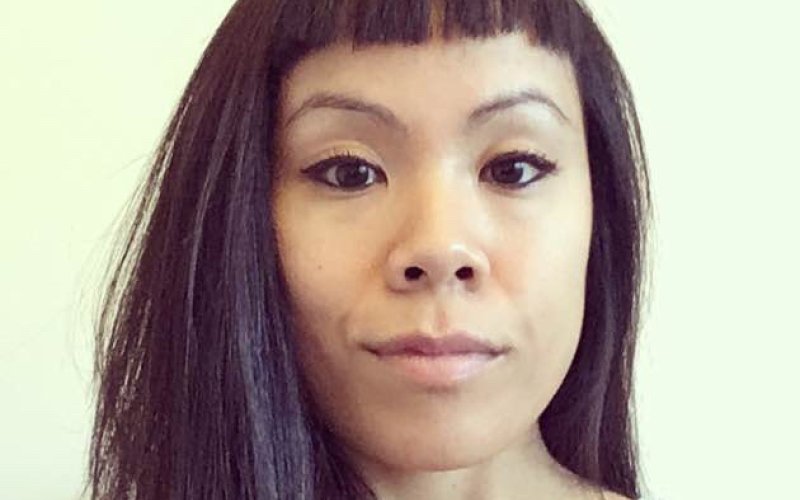Raising Awareness about Human Trafficking: A Student Reflection

Hlin Saethorsdottir, a MSW alumna and current doctoral candidate, whose research focuses on Human Trafficking. She recently relocated from London to her home country to focus on collecting data for her research, and to continue working in the field of safeguarding children. Hlin is also a member on an anti-trafficking team for the local government, which focuses on raising awareness and protecting victims of trafficking.
Hlin Saethorsdottir, MSW and Doctoral Candidate
Forced migration, including trafficking in persons (often called modern form of slavery) is a cause I am very passionate about. Mostly because I am grateful for my freedom and opportunities to live the life I choose and be able to travel for work and pleasure. In 2012, I decided to move from Iceland to Albany to undertake my Masters in Social Work. The value of social work education is so much more than just the possibility of job security, as it gives you the opportunity to equip yourself with both knowledge and skills to make an impact, and change the world just a little bit towards a more equal world for all. As a Master’s student, I got the opportunity to co-create a syllabus and core curriculum on trafficking, which was offered as an elective in the summer of 2015. In 2014, I was accepted in to the Ph.D. program, which for me meant that I could have the opportunity to design my own research on trafficking. The purpose of my research is to explore Iceland’s response to trafficking, especially in terms of victims' rights and victims' opportunities to realize their rights.
In 2016, I decided to move to London with the hope of putting knowledge into practice. I was fortunate to be offered a job with a temporary government initiative that provided a safe house for unaccompanied minors that had been living in the notorious refugee camp in Calais, France. A population that is extremely vulnerable to destitute and exploitation, including trafficking.
Then, in the spring 2017, I landed a permanent role on a children’s safeguarding team with the most diverse borough in London, in terms of race and ethnicity. Most of the cases are complex and multi-faceted, and some include elements of trafficking. In the summer 2019, I relocated back to Iceland where I am now focusing on finishing my research and to work in the child protection system, specifically to provide services to foreign children and their families.
In between my job and research work, I try to take every opportunity to raise awareness of trafficking. In the spring 2017, I was selected to have a workshop on the matter at the International Federation of Social Worker European Conference. I am of the view that as social workers we have an obligation to address all forms of injustice. Victims’ rights are clearly outlined in international treaties, but unfortunately the practical response has often been poor and services inadequate or nonexistent. I believe social workers can greatly influence delivery of services to victims and make an impact in the fight against modern day slavery.
Human rights and social justice are fundamental principles of the social work profession, which is why social workers must expand their local perspectives and be alert to global trends such as human trafficking. The knowledge and skills social workers often have, including providing culturally sensitive and trauma informed services, could greatly benefit the anti-trafficking field. Social workers could therefore play an important role in delivering services to victims.


